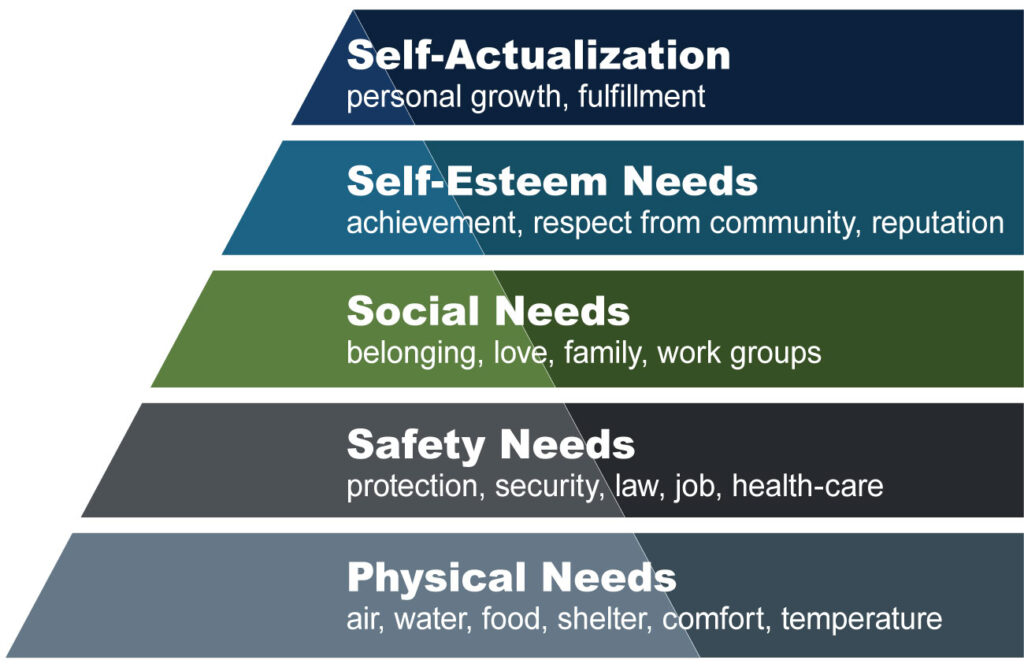If you want to build a ship, don’t drum up the men to gather wood, divide the work and give orders. Instead, teach them to yearn for the vast and endless sea. – Antoine de Saint-Exupery
What leads people to do great work? or better, what gets in the way of good work ?
There are only two possibilities.
The first is that people don’t know how to do good work. The second is that they know how but they aren’t motivated.
Recognition for hard work, valuable skills, helpful advice, or good value can be hugely motivating if it feels genuine and specific.
The single most important task of a manager is to elicit peak performance from his subordinates. So if two things limit high output, a manager has two ways to tackle the issue: through training and motivation.
People tend to have a variety of concurrent needs, but one among them is always stronger than the others. And that need is the one that largely determines an individual’s motivation and therefore his level of per-formance. Maslow defined a set of needs, as shown below, that tend to lie in a hierarchy: when a lower need is satisfied, one higher is likely to take over.

When the need to stretch is not spontaneous management needs to create an environment to foster it. In a MBO system, for example, objectives should be set at a point high enough so that even if the individual (or orga-nization) pushes himself hard, he will still only have a fifty-fifty chance of making them. Output will tend to be greater when everybody strives for a level of achievement beyond his immediate grasp, even though trying means failure half the time. Such goal-setting is extremely important if what you want is peak performance from yourself and your subordinates.
Moreover, if we want to cultivate achievement-driven motivation, we need to create an environment that value and emphasizes output.
The most appropriate measures lie an employee’s performance to the workings of the organization. If performance indicators and milestones in a management-by-objectives system are linked to the performance of the individual, they will gauge his degree of success and will enhance his progress. An obvious and very important responsibility of a manager is to steer his people away from irrelevant and meaningless rewards, such as office size or decor, and toward relevant and significant ones. The most important form of such task-relevant-feedback is the performance review every subordinate should receive from his supervisor.
That make the cliche apply: if you can’t beat them, join them- endow work with the characteristics of competitive sports. And the best way to get that spirit into the workplace is to establish some rules of the game and ways for employees to measure themselves. Eliciting peak performance means going up against something or somebody. What you need is a racetrack, an arena of competition. Having your work receive the top score is a powerful source of motivation. Conversely, of course, when the competition is removed, motivation associated with it vanishes.
Turning the workplace into a playing field can turn subordinates into “athletes” dedicated to performing at the limit of their capabilities-the key to making our team consistent winners.









Leave a Comment
You must be logged in to post a comment.